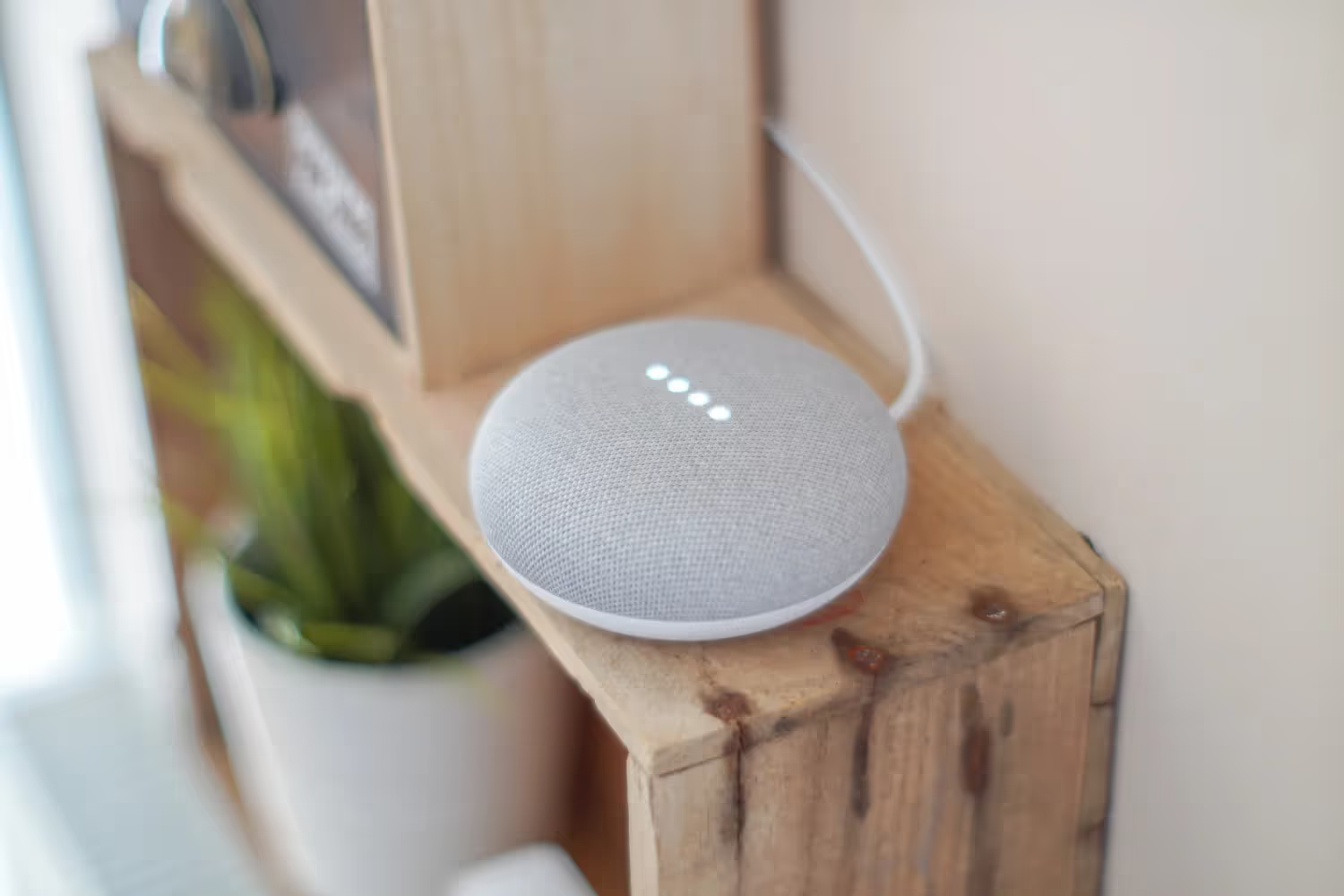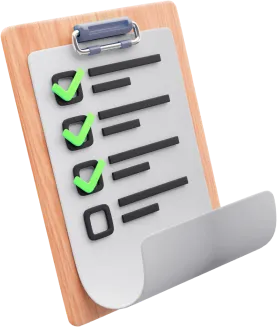Smart home technology: 8 innovations that will revolutionize property management in 2023

Smart home technology is rapidly evolving and transforming how property managers operate and maintain their rental properties. According to a report by Mordor Intelligence, the global smart home market is expected to reach $313.95 billion by 2027, growing at a CAGR of 25.3% over the forecast period from 2022 and 2027.
Smart homes are one of the three top rising technology trends we’ve listed for proptech trends in 2023 and beyond.
In this article, we'll explore eight innovative smart home technologies that will revolutionize property management in future years with data-backed insights to enhance your understanding.
Smart locks
Smart locks offer keyless entry, allowing property managers and tenants to control access using a smartphone or unique code. This technology eliminates the need for physical keys, streamlines the move-in process, and increases security. According to a study by ASSA ABLOY, 61% of property managers reported that smart locks helped them save time and reduce operational costs.
Energy-efficient smart thermostats
Smart thermostats help optimize energy usage by learning user preferences and adjusting temperatures accordingly. They can also be controlled remotely, making it easier for property managers to monitor energy consumption and reduce utility costs. A study by Nest Labs found that smart thermostats can save up to 15% on cooling and 12% on heating bills.

Leak detection sensors
Leak detection sensors can prevent costly water damage by alerting property managers to potential leaks or flooding. These sensors can be placed near water-using appliances or in areas prone to leaks, such as basements. The Insurance Information Institute states that water damage accounts for many of all homeowners' insurance claims, making leak detection an essential tool for property managers. Best’s Review home insurance reports that non-weather-related water damage is one of the most common and costliest causes of home damage and that installing IoT devices can reduce water losses by up to 93 percent.
Smart lighting systems
Smart lighting systems can reduce energy consumption and costs by automatically adjusting brightness levels based on occupancy, daylight availability, and user preferences. According to the U.S. Department of Energy, smart lighting can save up to 75% of energy and last longer than incandescent lighting.
Remote property management software
Cloud-based property management software enables property managers to access critical information and manage tasks remotely. This technology streamlines tenant communication, automates rent collection, and simplifies maintenance requests. According to a report by Software Advice, 62% of property managers saw increased efficiency after implementing property management software.

Voice-activated virtual assistants
Voice-activated virtual assistants, such as Amazon Alexa and Google Assistant, can help property managers and tenants control various smart devices, manage schedules, and access information hands-free. A report by Juniper Research predicts that voice-activated virtual assistants will be present in 55% of US households by 2022. They found the fastest-growing voice assistant categories will be smart TVs, smart speakers, and wearables.

Video doorbells and security cameras
Video doorbells and security cameras enhance property security by providing real-time video feeds and alerts when detecting motion. This technology can help prevent unauthorized access, reduce package theft, and improve tenant safety. A study by SafeWise found that 75% of burglars avoid homes with security cameras.
Smart appliances
Smart appliances, such as energy-efficient washing machines, dryers, and refrigerators, can help property managers and tenants save energy, reduce utility costs, and enhance convenience. A National Renewable Energy Laboratory report found that smart appliances can save up to 30% on energy consumption compared to traditional appliances.

Additional resources:
To further explore the world of smart home technology, consider checking out the following resources:
CNET Smart Home: A comprehensive resource for smart home news, product reviews, and buying guides.
Smart Home Solver: A website helping users find the best smart home devices and systems.
The Ambient: A digital magazine focused on smart home technology, featuring news, reviews, and in-depth guides.
IoT For All: A platform that offers insights and resources on the Internet of Things (IoT) and its impact on smart homes and property management.
As smart home technology advances, property managers have many innovative tools to streamline operations, improve tenant satisfaction, and enhance the rental experience. By staying informed and up-to-date on the latest smart home technologies, property managers can harness the power of innovation to elevate their rental properties and create a seamless, efficient, and enjoyable experience for their tenants. We’ve also previously explored the most important technology trends in property management in recent years and notable automation applications in proptech.
Doorstead offers full-service, tech-enabled property management solutions. We aim to help property managers, and landlords stay informed about the latest industry trends and innovations to maximize their property's potential.
Did you find this breakdown interesting or helpful? Please share it with someone who could benefit from this. Are there any story ideas you'd like us to cover? Please email [email protected], and we'd love to include it. For more insights on proptech and property management, visit the Doorstead blog.











.jpg)






















































































.avif)
